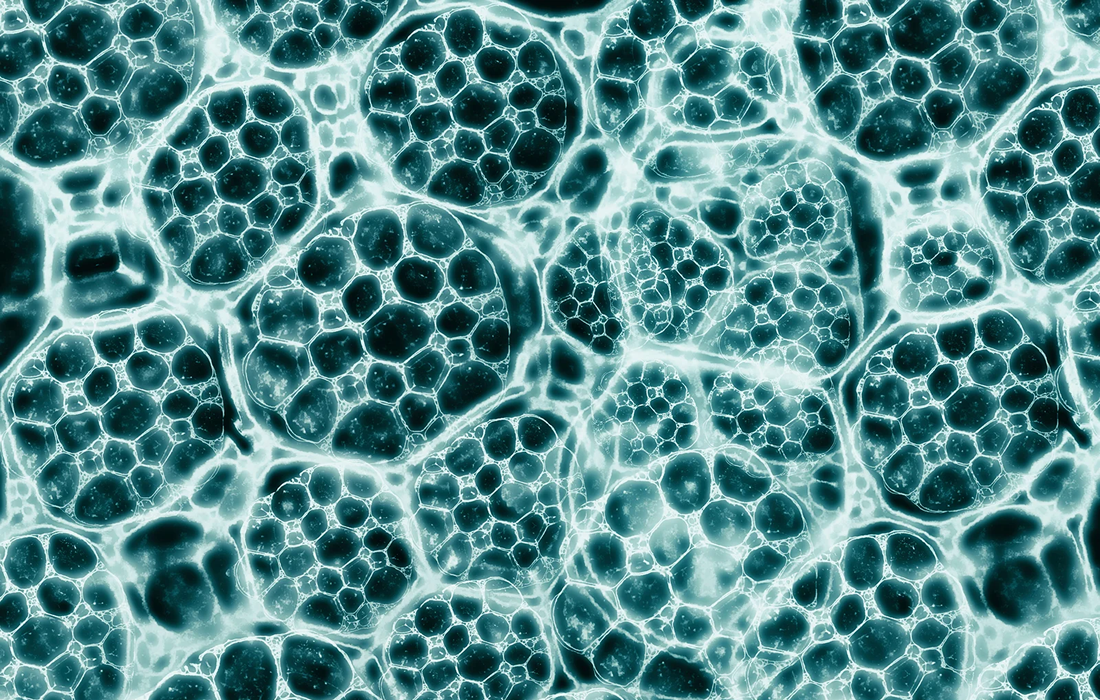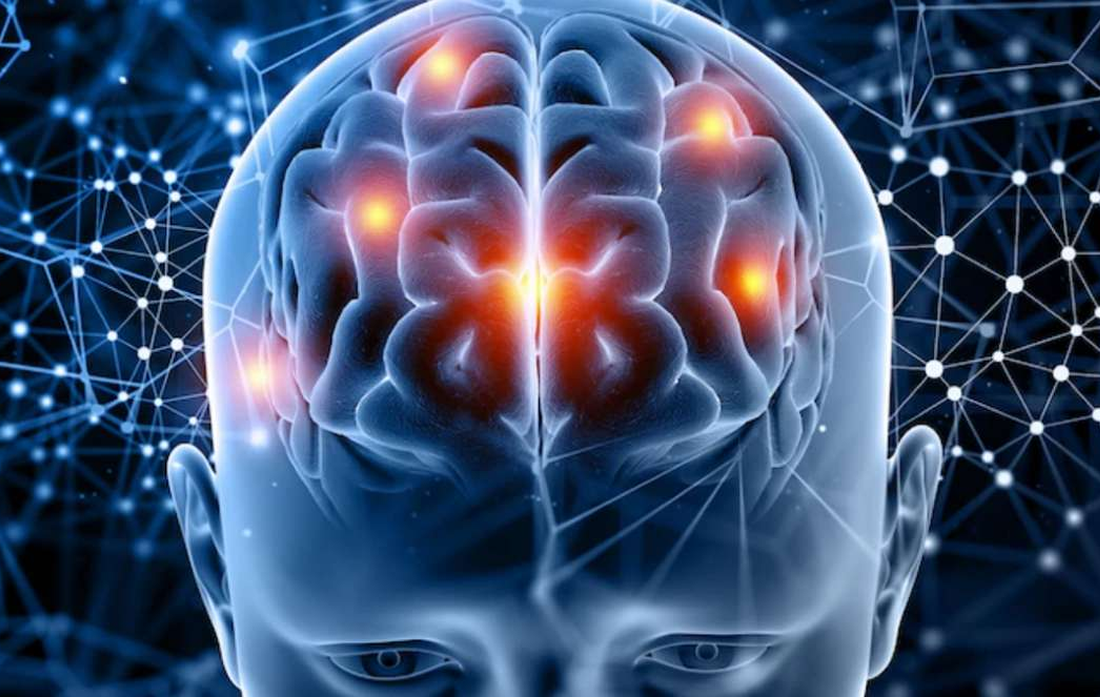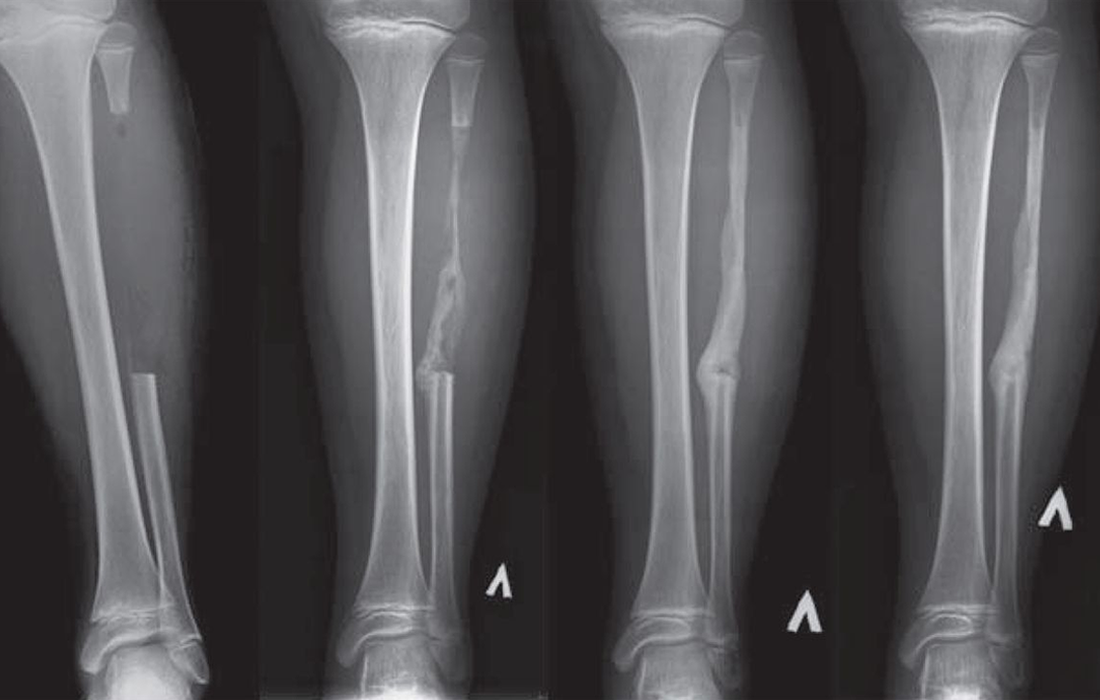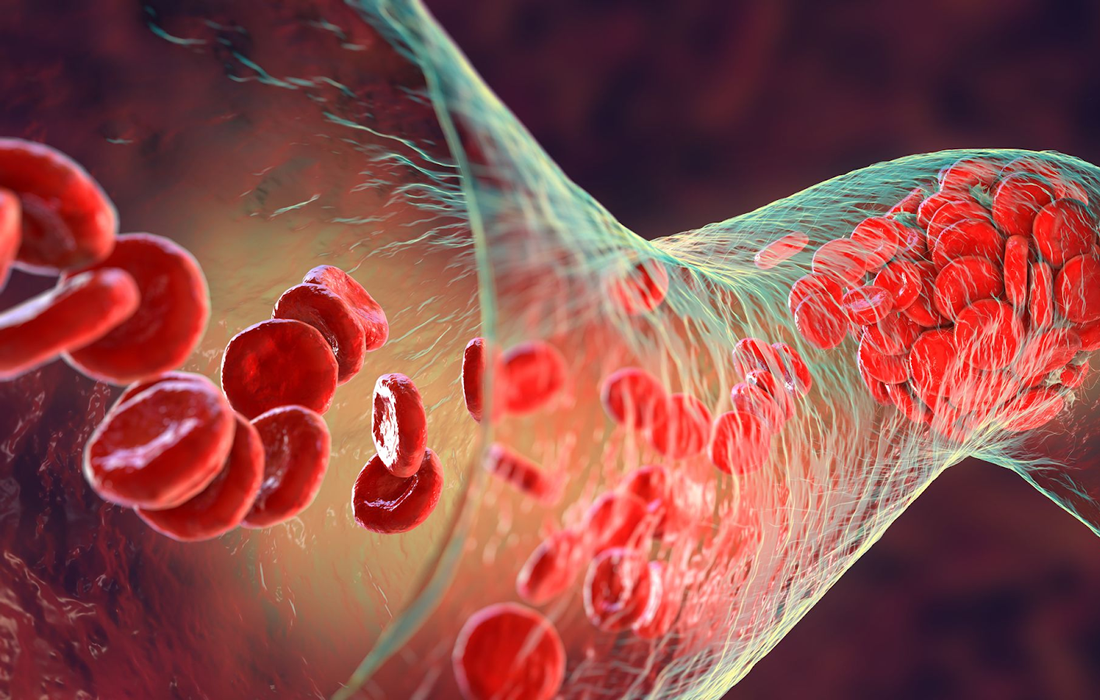There are an estimated 785,000 new heart attack cases in the United States each year, and there is no established treatment for repairing the resulting damage to cardiac tissue. After a heart attack, scar tissue develops, which diminishes muscle function and can lead to congestive heart failure A new biomaterial that can be injected intravenously, […]
Category Archives: Regenerative Medicine News and General Information
Just like your future body will thank you for the apple, your future ears (specifically your cochlear hair cells) will thank you for protecting them. The most common cause of hearing loss is progressive because these hair cells, the primary cells to detect sound waves, cannot regenerate if damaged or lost. People who have repeated […]
Epilepsy is one of the most prevalent chronic brain disorders and is characterised by recurrent and spontaneous seizures. Temporal lobe epilepsy (TLE) is one of the most common types of epilepsy worldwide. Most anti-epileptic drugs that are currently available target neurons and synapses in the brain. They are effective in changing neural circuits and synapses, […]
Dental caries (tooth decay) is a natural process by which bacteria in the biofilm cause fluctuations in pH, leading to enamel erosion and a resulting visible lesion. If left untreated, caries can result in pain, abscess, and systemic infection, leading to functional and/or psychosocial impairment. Caries is the most prevalent childhood disease in the world […]
Ventricular arrhythmias can occur after a heart attack damages tissue, causing chaotic electrical patterns in the heart’s lower chambers. The heart ends up beating so rapidly that it cannot support the circulation, leading to a lack of blood flow and, if untreated, death. Current treatment options for ventricular arrhythmias caused by heart attacks are far […]
Phthalates are chemicals widely used in plastics such as personal care products, children’s toys, and food and beverage packaging. Phthalate exposure is associated with reduced fertility, diabetes and other endocrine disorders. “Our research found phthalates may contribute to a higher incidence of diabetes in women, especially White women, over a six-year period,” said Sung Kyun […]
Over the past few decades, the development of smart multifunctional biomaterials with the ability to control the behavior of stem cells on demand has become a powerful strategy in regenerative medicine and cell therapies. For instance, such stem cell-based therapies bear new chances to regenerate critical size bone defects from severe fractures or bone tissue […]
The human skin is a complex organ to bioengineer and repair because of its diverse cellular makeup, unique anatomy, and body site–specific cellular and mechanical properties. Recreating this complexity in vitro using human cells has notable implications on personalized skin replacement therapy and human-relevant skin disease modeling and drug screening. The human skin is a […]
Type 1 diabetes is caused by an autoimmune reaction that destroys the cells in the pancreas that make insulin. It can also cause kidney failure. Daily insulin injections are the most conventional treatment but attaining tight control of glucose levels remains challenging and cumbersome for patients. Clinical pancreatic islet transplantation (CIT) holds promise to transform […]
Young blood has a rejuvenating effect when infused into older bodies, according to recent research: Aging hearts beat stronger, muscles become stronger, and thinking becomes sharper. All blood cells in the body are created by a small number of stem cells that reside in bone marrow. Over time, these hematopoietic stem cells start to change: […]










